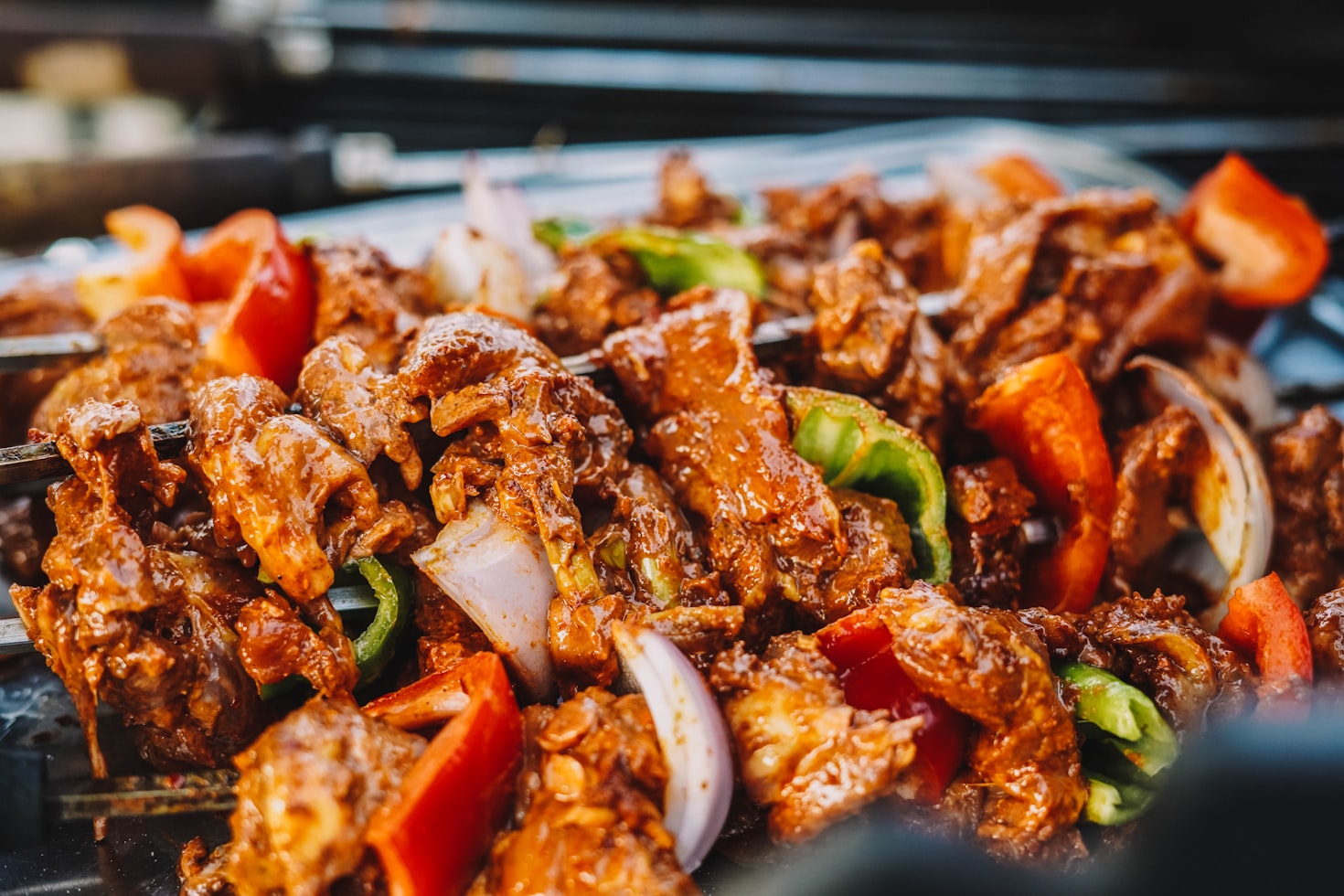How Many Glasses of Wine Can You Have on Keto?
Following a ketogenic diet involves restricting your carbohydrate intake to induce a state of ketosis, where your body burns fat for fuel instead of glucose. While the focus is primarily on food choices, many people wonder how alcohol, specifically wine, fits into a keto lifestyle. In this article, we will explore the impact of wine on ketosis and provide guidelines on how many glasses of wine you can have while following a ketogenic diet.
The Basics of the Ketogenic Diet
Before diving into the specifics of wine consumption on keto, let’s briefly review the basics of the ketogenic diet. The primary goal of this low-carb, high-fat diet is to switch your body’s energy source from carbohydrates to fats. By drastically reducing your carb intake and increasing your fat consumption, you force your body to enter a metabolic state called ketosis.
During ketosis, your liver produces ketones from fat, which become the main source of energy for your body and brain. This shift in metabolism has been associated with various health benefits, including weight loss, improved insulin sensitivity, and increased mental clarity.
The Impact of Wine on Ketosis
When it comes to alcohol consumption on keto, moderation is key. While some alcoholic beverages are high in carbs, wine can be a suitable choice for those following a ketogenic diet. However, it’s important to understand that wine still contains carbohydrates, primarily in the form of sugar.
On average, a 5-ounce (148 ml) serving of wine contains about 2-4 grams of net carbs, depending on the type. Dry wines, such as Sauvignon Blanc or Pinot Noir, tend to have fewer carbs compared to sweet or dessert wines. It’s crucial to consider these carb counts when planning your daily meals and staying within your desired carb limit to maintain ketosis.
Factors to Consider
While the carb content of wine is relatively low, there are a few factors to consider when determining how many glasses of wine you can have on keto:
- Individual carbohydrate tolerance: Each person’s carbohydrate tolerance varies, and some individuals may be more sensitive to carbs than others. It’s essential to monitor your body’s response to wine consumption and adjust accordingly.
- Caloric intake: Wine contains calories, and excessive consumption can hinder weight loss efforts. Be mindful of your overall caloric intake and consider the impact of wine on your daily energy balance.
- Alcohol metabolism: When you consume alcohol, your body prioritizes metabolizing it over other macronutrients. This means that while your body is processing alcohol, it temporarily halts fat burning. However, once the alcohol is metabolized, your body will resume ketosis.
Guidelines for Wine Consumption on Keto
Based on the factors mentioned above, here are some guidelines to help you incorporate wine into your ketogenic diet:
- Stick to dry wines: Dry wines generally have lower carb content compared to sweet or dessert wines. Opt for varieties like Sauvignon Blanc, Pinot Noir, or Cabernet Sauvignon.
- Moderation is key: Limit your wine consumption to one or two glasses per sitting. Excessive alcohol intake can hinder your progress on a ketogenic diet and may lead to unwanted side effects.
- Track your carb intake: Keep track of your daily carb intake, including the carbs from wine. This will help you stay within your desired carb limit and maintain ketosis.
- Consider your overall diet: Remember that wine is not the only source of carbs in your diet. Be mindful of your carb intake from other food sources to ensure you stay within your daily limits.
- Stay hydrated: Alcohol can dehydrate your body, so it’s important to drink plenty of water alongside your wine consumption. Hydration is crucial for overall health and well-being.
- Listen to your body: Pay attention to how your body responds to wine consumption. If you notice any negative effects or difficulties maintaining ketosis, it may be best to limit or avoid wine altogether.
Frequently Asked Questions (FAQ)
1. Can I drink wine every day on a ketogenic diet?
While it is possible to enjoy wine on a daily basis while following a ketogenic diet, moderation is key. Stick to one or two glasses and consider the carb content in your overall daily intake.
2. Will drinking wine kick me out of ketosis?
Drinking wine in moderation is unlikely to kick you out of ketosis. However, excessive consumption can temporarily halt fat burning until the alcohol is metabolized.
3. Are there any health benefits to drinking wine on keto?
Wine, particularly red wine, contains antioxidants and polyphenols that may offer some health benefits. However, it’s important to remember that excessive alcohol consumption can have negative effects on health.
4. Can I drink any type of wine on a ketogenic diet?
While you can technically drink any type of wine on a ketogenic diet, it’s best to opt for dry wines with lower carb content. Sweet or dessert wines tend to have higher carb counts.
5. How does wine consumption affect weight loss on keto?
Wine contains calories, so excessive consumption can hinder weight loss efforts. It’s important to consider the overall caloric intake and balance it with your energy expenditure.
6. Can I drink wine while in the initial stages of ketosis?
It’s generally recommended to avoid alcohol, including wine, during the initial stages of ketosis. This allows your body to fully adapt to using fat as its primary fuel source.
Summary
While wine can be enjoyed in moderation on a ketogenic diet, it’s important to consider its carb content and the impact on your overall caloric intake. Dry wines with lower carb counts are the best choice, and it’s crucial to monitor your body’s response to wine consumption. Remember to stay within your desired carb limit, drink plenty of water, and prioritize overall health and well-being. By following these guidelines, you can enjoy a glass or two of wine while maintaining ketosis and progressing towards your health goals.






